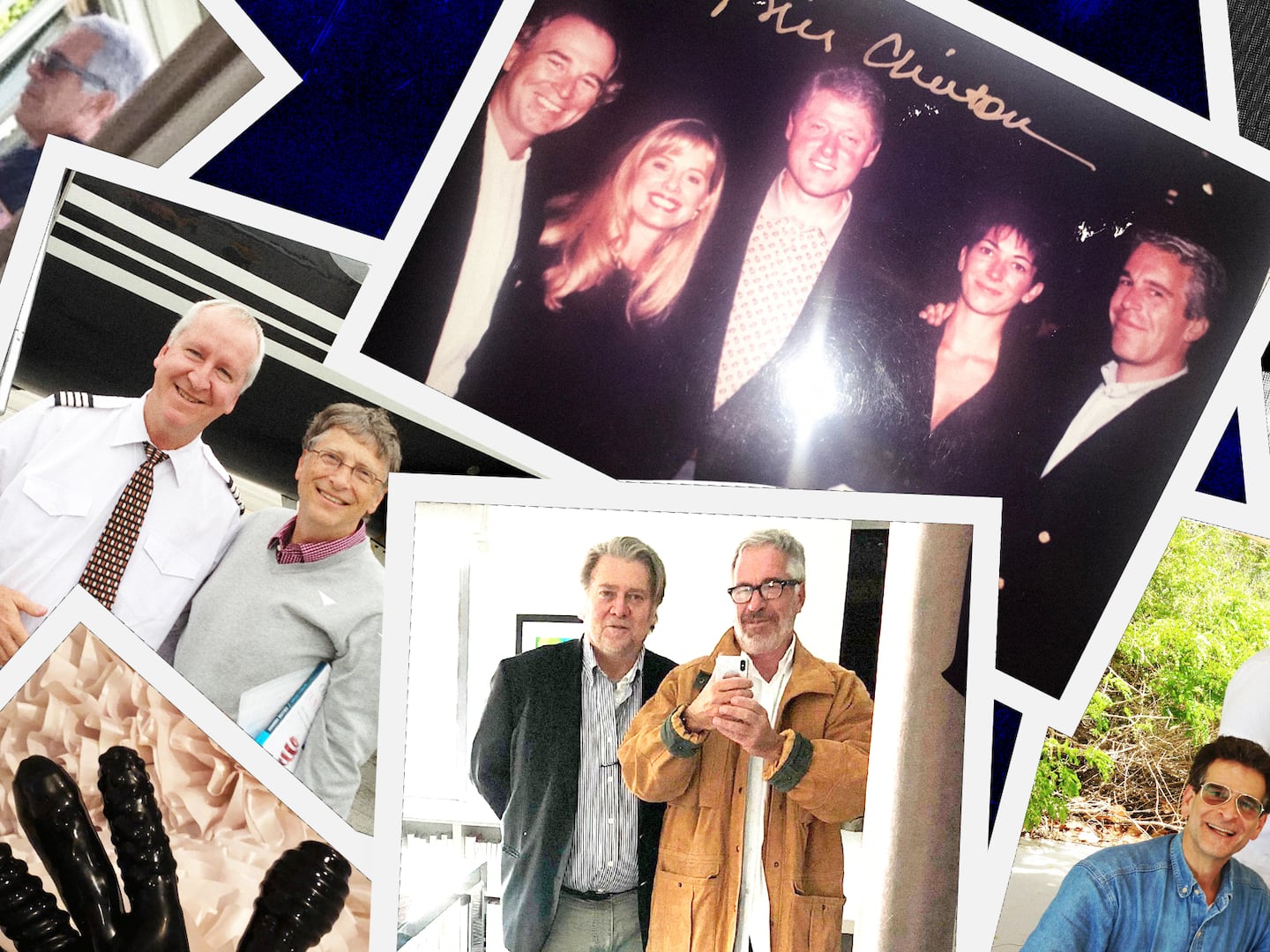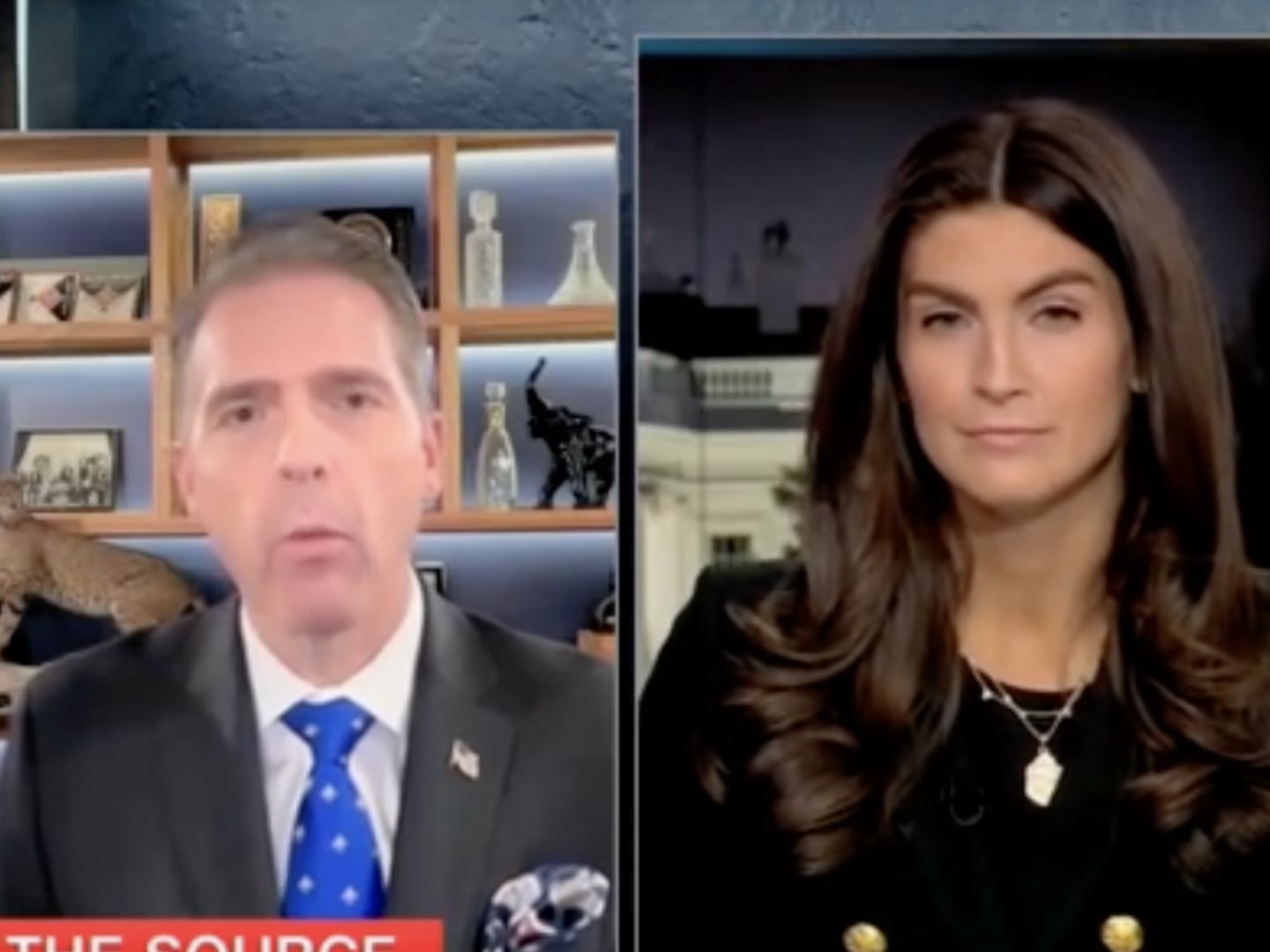Jack Reacher (2012)
Several screenings of the Tom Cruise action-blockbuster Jack Reacher, including its star-studded premiere and a fundraiser at the Film Society of Lincoln Center, have been put off after the shooting at Sandy Hook Elementary in Newtown, Conn., USA Today reports. The film, starring Cruise as a former military expert who’s called back into action to exonerate an old friend, begins with a sniper opening fire and killing five people with a rifle. “Out of respect for the families who lost loved ones in Newtown, Connecticut, we are postponing tonight’s event,” the Film Society said Monday in a statement. “We extend our love and condolences to you. Our community grieves with yours.” The movie is still scheduled to be released on Dec. 21.
Gangster Squad (2012)
After a gunman opened fire on a movie theater in Aurora, Colo., on July 20, killing 12 people and leaving as many as 57 injured, movie distributor Warner Bros. decided to delay the release of Gangster Squad, which was scheduled to be released Sept. 7. Since the movie, which starred Ryan Gosling and Josh Brolin as members of an elite LAPD detective squad in the 1940s charged with taking out Mickey Cohen (Sean Penn) and his fellow mobsters, contained a shootout sequence in a movie theater—which was featured prominently in early trailers for the film—Warner Bros. pushed the release date to Jan. 11 and reshot the chillingly similar scene in question.
Neighborhood Watch (2012)The shooting death of Trayvon Martin, an unarmed, 17-year-old black teenager, in the suburban town of Sanford, Florida, by neighborhood-watch volunteer George Zimmerman, has sparked a national outrage. Led by the boy’s parents, as well as online petitions, thousands have gathered to protest the incident, and President Obama has deemed it “a tragedy,” saying, “I can only imagine what these parents were going through. If I had a son, he’d look like Trayvon.” This summer, the comedy Neighborhood Watch is set to be released, starring Ben Stiller, Vince Vaughn, and Jonah Hill, as a group of “suburban dads [who] form a neighborhood-watch group to get time away from their families, only to discover a plot to destroy Earth.” The trailer for the film has just started playing, and it even features neighborhood-watch members making gun motions with their hands at groups of teens from a surveillance minivan.
Hereafter (2011)
In the wake of Japan's 9.0 magnitude earthquake and tsunami, whose 30-foot waves resulted in an estimated 10,000 casualties and counting, Hollywood studio Warner Bros. decided to pull Hereafter from Japanese theaters. The film, directed by Clint Eastwood and starring Matt Damon, opens with a vivid re-creation of the 2004 Indian Ocean tsunami. Hereafter opened in Japan in late February at about 180 theaters, but Warner Entertainment Japan official Satoru Otani told the Associated Press that the tsunami scenes in the movie were "not appropriate" at this time and that the film would no longer be shown.
Phone Booth (2003)
Director Joel Schumacher's thriller stars Colin Farrell as a hotshot publicist who is mulling cheating on his wife with a young actress (Katie Holmes). He calls his would-be paramour from a telephone booth, and after he hangs up the phone, it rings again and the man finds himself on the line with a sniper (Kiefer Sutherland) who forces him to submit to a series of mind games in order to spare his life. Unfortunately, mere weeks before Phone Booth was scheduled to open on Nov. 15, 2002, the Beltway sniper attacks plagued Washington D.C. John Allen Muhammad and his accomplice, a minor named Lee Boyd Malvo, killed ten people and left three critically injured in a series of shootings over the course of three weeks in October 2002. The release of Phone Booth was delayed until April 4, 2003, and its screenwriter Larry Cohen understood why. "It would be an excursion into dark reality," he told the Los Angeles Times. "I realize movies can have an influence over people, particularly people who are mentally deranged."
V for Vendetta (2006)
Based on the acclaimed graphic novel by Alan Moore and David Lloyd, director James McTeigue's thriller starred Natalie Portman as a working-class girl in a future dystopian society where the United Kingdom has devolved into a fascist, totalitarian regime. She is saved by ‘V,' a Guy Fawkes-masked vigilante who rails against the oppressive government by eventually packing a train in the abandoned London Underground with explosives to destroy Parliament. The film ends with thousands of Londoners looking on as Parliament turns into rubble. V for Vendetta was scheduled to be released on Nov. 5, 2005, but was pushed back to Mar. 17, 2006, in the wake of the London tube bombings on July 7, 2005, that killed 56 people and left more than 700 injured. Warner Bros., however, claimed the attacks were not the reason for the delay. "The film is still in post-production and the visual effects wouldn't be completed in time. That's why it's being postponed," a source told the San Francisco Chronicle. "There might also be some extra shooting days but none of the scenes involving the Underground are being altered."
Confessions of a Shopaholic (2009)
Adapted from the Shopaholic book series by Sophie Kinsella, P.J. Hogan's film featured actress Isla Fisher as Rebecca Bloomwood, a voracious consumer and journalist who runs up a huge amount of debt after years of splurging on clothes. Though Rebecca hopes to write for a Vogue-esque fashion magazine, she finds herself working at a financial magazine at the same publishing house. Filming for Confessions of a Shopaholic took place from February to May 2008, but the ending was reshot in December 2008 to make it more sympathetic to recession-plagued audiences. Confessions of a Shopaholic received staggeringly negative reviews—thanks in no small part to its recession-timed release—with USA Today writing, "It probably is the most ill-timed and appallingly insulting movie in recent memory." But producer Jerry Bruckheimer saw the positive. "The timing for this movie couldn't be better," he told The Guardian about the eight-year project. "It's a tale the whole world can learn from."
O (2001)
This contemporary adaptation of William Shakespeare's tragedy Othello was set in a modern-day high school. Director Tim Blake Nelson centered his story on Odin James (Mekhi Phifer), the star of the school's basketball team and its only black student. James dates the dean's daughter (Julia Stiles) and is tormented by the basketball coach's steroid-shooting son, Hugo (Josh Hartnett). O's intended release date was April 1999, but it was shelved for more than two years since the movie's bloody, gun-filled denouement struck a chord following the Columbine High School massacre on April 20, 1999, which left 12 students and one teacher dead. "Less than two weeks into the edit, the massacre at Columbine High School occurred, projecting into American homes images that the bloody ending of O seemed to imitate," Nelson explained in The New York Times. "[The shootings] made Miramax uncomfortable releasing the film … O was real. Speaking for everyone who worked on the film, we stand proudly accused." After being delayed and eventually dumped by Miramax, O was finally picked up by Lion's Gate and released in theaters on August 31, 2001.
Big Trouble (2002)
Along with Collateral Damage, which starred Arnold Schwarzenegger as a firefighter whose family is killed by terrorists, Big Trouble was one of many films whose release was postponed following the September 11 attacks. The zany Hollywood comedy boasted a $40 million budget, a big name director in Barry Sonnenfeld (Men in Black), and an ensemble cast, including Tim Allen, Rene Russo, Johnny Knoxville, and Zooey Deschanel. Big Trouble was aggressively promoted prior to the events of 9/11, but its release shifted from Sept. 21, 2001, until April 5, 2002, thanks to a subplot that involves a weapon of mass destruction being smuggled onboard a commercial airliner, which felt too soon to some. "It's debatable, of course, whether enough time has passed for ticket-buyers to accept gags that, pre-9/11, would have seemed innocuous," Variety reviewed.
The China Syndrome (1979)
"This critically acclaimed thriller follows a reporter (Jane Fonda), her cameraman (Michael Douglas), and a shift operator (Jack Lemmon), as they unearth a series of cover-ups at a U.S. nuclear-power plant. The title refers to the concept whereby the Earth's core melts until it reaches China in the case of an extreme nuclear meltdown. The China Syndrome was released on March 16, 1979, just 12 days before the Three Mile Island nuclear accident in Pennsylvania—the biggest nuclear disaster in U.S. history. The movie even eerily predicted the incident, which resulted in the release of 13 million curies of radioactive gases. In the film, a fictional physicist character says that China Syndrome would render "an area the size of Pennsylvania" permanently uninhabitable. Columbia Pictures pulled the film from several theaters to avoid seeming like they were exploiting the incident, and, despite the hullabaloo, it was still nominated for four Academy Awards and grossed a respectable $51.7 million at the domestic box office. "It was a religious awakening," Douglas told The New York Times of the sequence of events. "I felt it was God's hand."
Gone Baby Gone (2007)
Ben Affleck's 2007 directorial debut, the gritty crime-mystery Gone Baby Gone, was even more impressive than his recent box-office hit The Town. Based on Dennis Lehane's novel of the same name, Gone Baby Gone centers on two private investigators hunting for an abducted four-year-old girl in the rough Boston neighborhood of Dorchester. Upon its release in October 2007, critics were in awe—the Village Voice called the movie "a blue-moon rarity: an American movie of genuine moral complexity." Gone Baby Gone was originally scheduled to be released in the UK on December 28, 2007, but it was pushed back to June 6, 2008, due to the disappearance of 4-year-old Madeleine McCann. The case was a media sensation across the Atlantic, and the young girl in Affleck's film bore a striking resemblance to McCann. "We have a greater concern for that than the release of our film, which is just a commercial matter, whereas this is a matter of life and death," Affleck told BBC News. "We don't want to release the movie if it is going to touch a nerve or inflame anybody's sensitivities."
Trespass (1992)
Directed by Walter Hill, who helmed the similarly themed 1979 cult classic The Warriors, Trespass stars Bill Paxton and William Sadler as a pair of Arkansas firemen who go on a frenzied search for buried treasure in an impoverished area of East St. Louis, eventually squaring off against a ruthless street gang, led by Ice-T. The film was originally called Looters and was scheduled for release on Fourth of July weekend in 1992, but that all changed after the Los Angeles riots. On April 29, 1992, four white members of the LAPD were acquitted for their videotaped roadside beating of black motorist Rodney King. The riots lasted for six days following the verdict, resulting in 55 deaths and roughly $1 billion in property damage. Because of the gravity of the situation, producers changed the film's title and pushed its opening to Christmas Day. "Somehow, the riots tainted the movie," Hill admitted to the Los Angeles Times. "If the movie is successful on the terms I call successful, it should be disturbing ... which it is to some degree. It's not a social statement and does not offer a cure—the action, the characters are fictional—but like any good story there's a certain amount of social truth to it."
Buffalo Soldiers (2001)
Before his spell as a gonzo performance artist in the mockumentary I'm Still Here, Joaquin Phoenix starred in this 2003 dark comedy about a group of American soldiers stationed in East Germany in 1989 who are engaged in a series of black-market deals shifting weapons and drugs. The satire of the U.S. Army made its premiere at the 2001 Toronto International Film Festival in early September, where it received positive reviews. But due to the September 11 attacks—and subsequent wars in Afghanistan and Iraq—the film was branded anti-American by some critics and its theatrical release was pushed back for more than two years. A week after the 9/11 attacks, Variety reviewed Buffalo Soldiers. "Possibly much more damaging in terms of the film's commercial prospects, however, is the slim chance, any time in the foreseeable future, that the American public will feel like supporting an entertainment that hinges on an absurdist view of an entirely disunified and incompetent military," Todd McCarthy noted in his review. "All of a sudden, this looks like the wrong film at the wrong time." When Buffalo Soldiers finally landed in theaters in July 2003, it managed to gross less than $400,000 at the domestic box office.






